Section: Environment
There are more than 200 results, only the first 200 are displayed here.
-
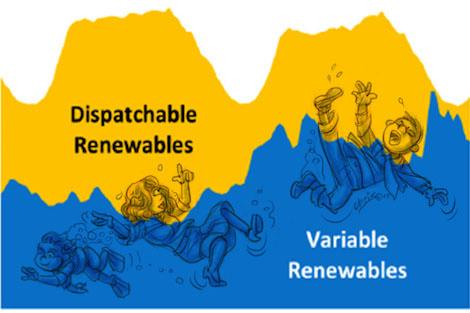
ENVIRONMENT
- Greg Foyster
- 20 July 2017
11 Comments
After months of very silly debate about clean energy, one thing is abundantly clear: the electricity market is evolving much faster than most politicians and commentators can understand it. The story underneath all the distraction is that wind and solar have already changed the game. As that big Finkel report no one read made clear, 'there is no going back from the massive industrial, technological and economic changes facing our electricity system'.
READ MORE 
-
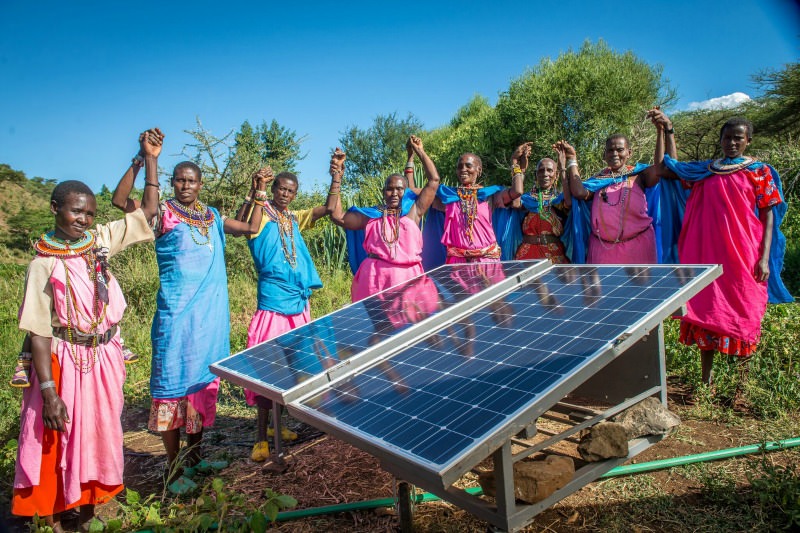
ENVIRONMENT
- Paul O'Callaghan
- 11 July 2017
3 Comments
The world's poor are bearing the brunt of global warming yet they have done the least to cause it. African countries have some of the lowest carbon emissions rates in the world, but their fields are drying up and their pastureland is vanishing. Still, all is not lost. If we want to find the answers to climate change, many of them exist within the communities already being impacted. These people understand the urgent threat posed by global warming and they are banding together to find solutions.
READ MORE 
-
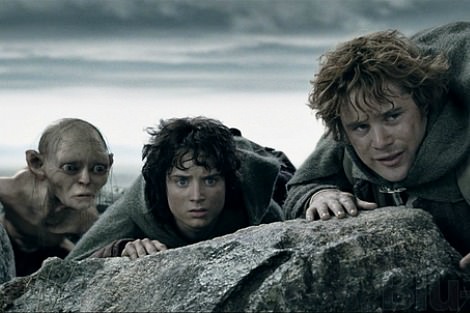
ENVIRONMENT
To Tolkien, 'the long defeat' described the idea that so often in the world you find yourself fighting for a cause where there is very little chance of success, but you fight for it anyway because it is the right thing to do and because you can't imagine doing anything else. He paired this with the concept of eucatastrophe, a sudden and unexpected change of fortune for the better. Despondent climate activists do well to remember that the latter doesn't come without the former.
READ MORE 
-
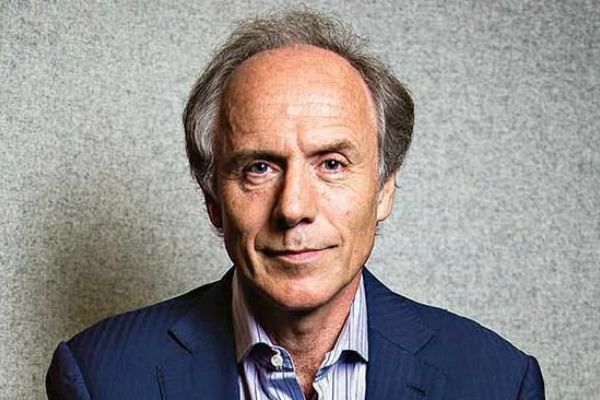
ENVIRONMENT
- Greg Foyster
- 22 June 2017
6 Comments
If politics is theatre, climate politics is a family drama. For the last decade we've watched two rival households having the same endless argument. Political journos call it the 'climate wars' and mostly focus on the lead actors standing in the spotlight - in the Western narrative tradition, characters drive events. Almost no one has noticed the scenery change. Stagehands dismantled the backdrop years ago, but politicians have carried on as if the same circumstances existed when they started this charade.
READ MORE 
-

ENVIRONMENT
- Andrew Hamilton
- 07 June 2017
5 Comments
To consider cricket as work would strike many people as odd. They would see it as a hobby, a recreation, a game or a calling. Professional sportspersons receive little attention in Catholic social thought, which is a pity because a Catholic understanding of work provides a helpful perspective. Its crucial insight is that work is a human activity, and that each human being is precious, unique and needs to be respected. Neither people nor work can be seen as means to an economic end, or as expendable.
READ MORE 
-
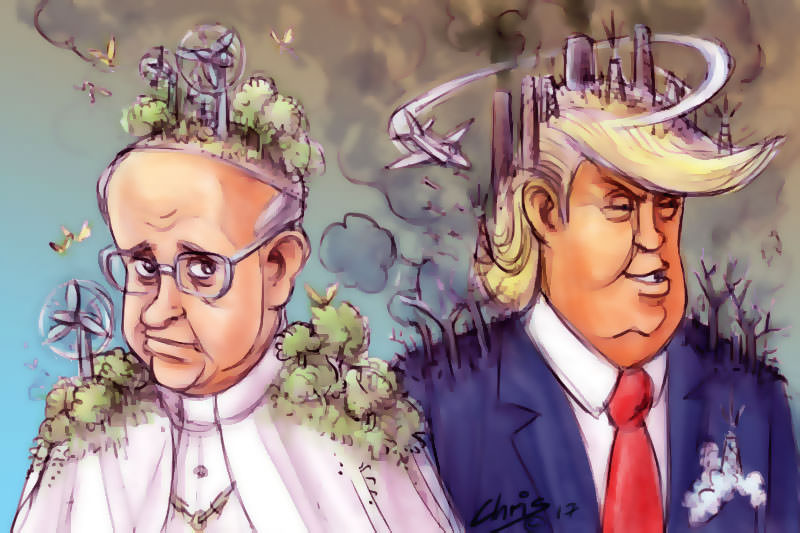
ENVIRONMENT
- Andrew Hamilton
- 02 June 2017
10 Comments
The strident public debate about global warming and the threat it poses has died down. Few knowledgeable people deny its reality. At the same time, powerful interest groups and politicians appeal to the need for economic growth in order to weaken any international commitment. At such a time it is worth returning to Laudato Si, Pope Francis' passionate exhortation to care for the environment. Its most significant insight is that the environment is not something outside ourselves. We are part of it.
READ MORE 
-
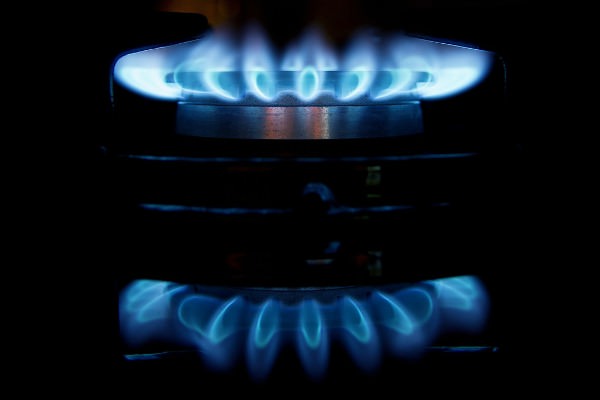
ENVIRONMENT
Standard electric heaters turn roughly one unit of electricity into one unit of heat. A reverse cycle air conditioner, however, uses electricity to 'pump' heat from one place to another and is incredibly efficient. Using electricity from the grid creates more pollution than burning gas, but the electric reverse cycle air conditioner is so efficient it's still less damaging overall. That's great news for households with air con, but galling for anyone who can't afford one, or isn't allowed to install it.
READ MORE 
-
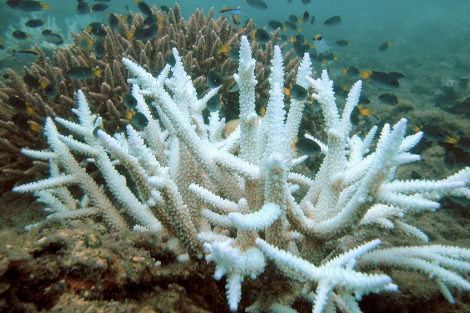
ENVIRONMENT
- Francine Crimmins
- 11 May 2017
7 Comments
When Scott Morrison announced the 2017-18 Budget this week there was one phrase he didn't dare to utter in his meticulously written and rehearsed speech. It's just two short words, climate change, but when used together they conjure a public debate even our minister for the environment gets tongued tied over. Morrison's omission of climate change in the federal budget has set a tone of ignorance to improving energy policy in a meaningful way.
READ MORE 
-
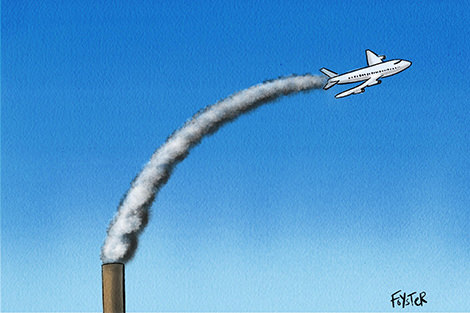
ENVIRONMENT
- Greg Foyster
- 27 April 2017
14 Comments
I haven't flown for six years. I didn't feel a pressing need to travel, but most of all I didn't want to make such an enormous contribution to climate change. A return flight from Melbourne to London pumps about 1.8 tonnes of carbon pollution into the atmosphere, wiping out other efforts to reduce emissions at home. But now here I am on a Jetstar flight to Sydney for a climate change conference. As the plane takes off, I squirm with a sense of hypocrisy: I've broken my vow for the same reason I made it.
READ MORE 
-
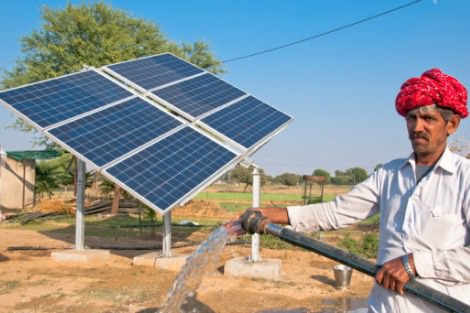
ENVIRONMENT
- Ketan Joshi
- 06 April 2017
1 Comment
A 2015 cartoon by Bill Leak depicts an Indian family squatting, smashing solar panels to pieces. A woman chews on a shattered piece of glass, and a man attempts to smear mango chutney onto glistening shards. The initial reaction centred around the racist depictions of Indians. But it also represents a broader and worrisome attitude towards global energy politics, that assumes idiocy in developing countries, combined with a push to burden them with the dangerous wares of a dying industry.
READ MORE 
-
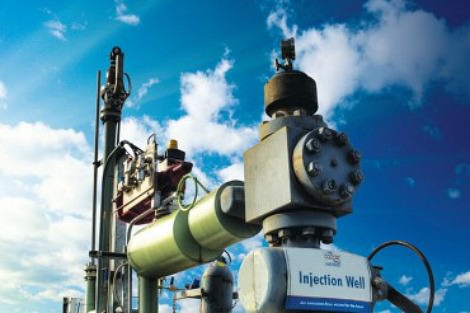
ENVIRONMENT
- Greg Foyster
- 31 March 2017
5 Comments
About 40km from Warrnambool in south-western Victoria is Australia's first demonstration site for storing carbon dioxide pollution deep underground. In photos, it doesn't look like much - a few water tanks, sheds and pipes in a brown paddock - and yet plans to meet the internationally agreed climate change target are betting on the success of projects like this. This isn't a fringe strategy anymore. It is a big part of the mainstream, politically preferred approach to address global warming.
READ MORE 
-
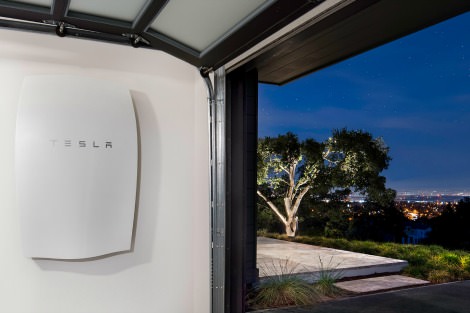
ENVIRONMENT
- Francine Crimmins
- 27 March 2017
14 Comments
Earlier this month Tesla launched the Powerwall 2. In the transition to renewable energy, it may be the biggest disruption to hit traditional energy companies yet. In fact, it's probably their worst nightmare. Our role in energy under this innovation has changed from us being consumers to possibly all being providers. Just as Uber disrupted taxis and Airbnb disrupted traditional hotel chains, so too will the Tesla battery change our relationships and transactions with energy.
READ MORE 